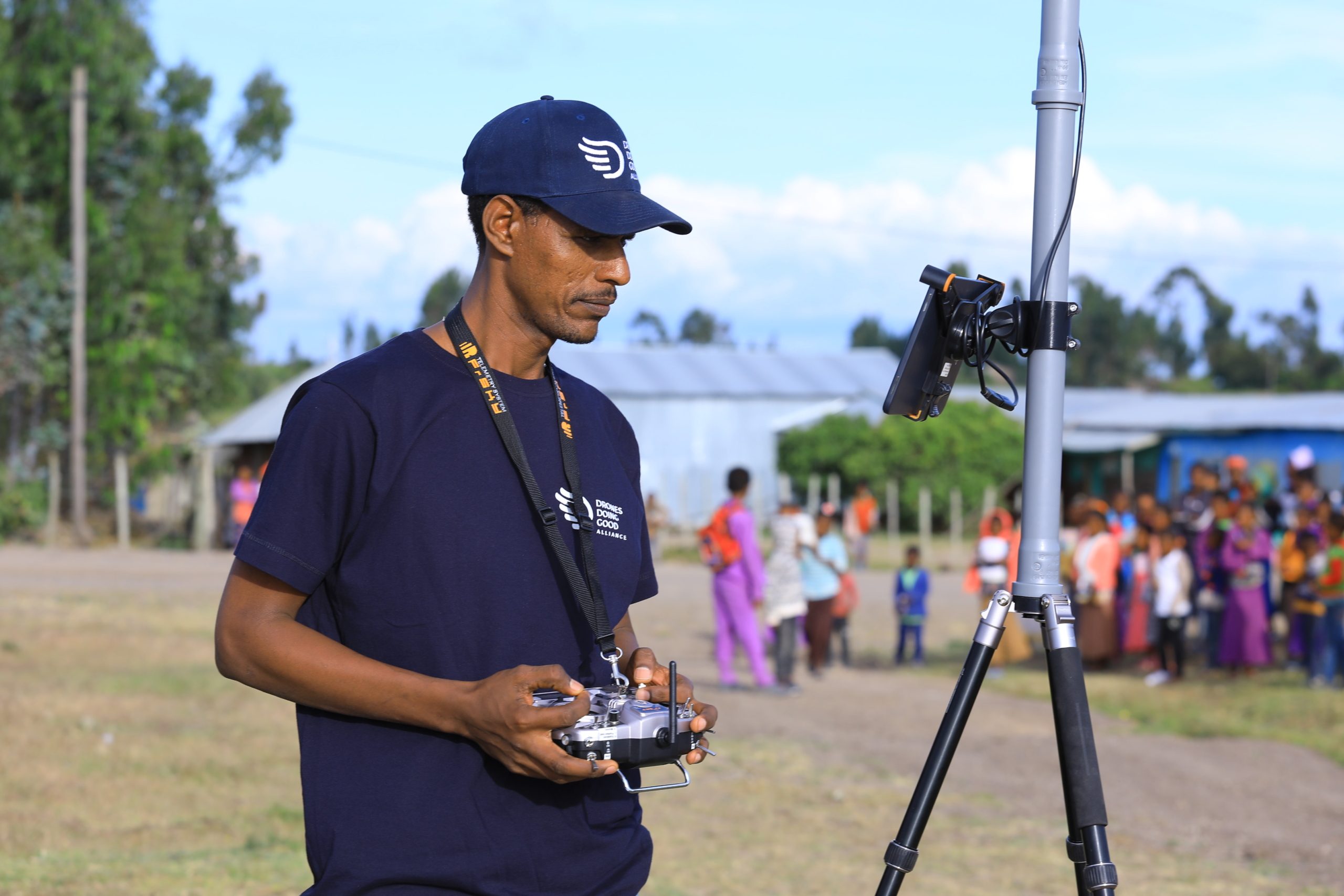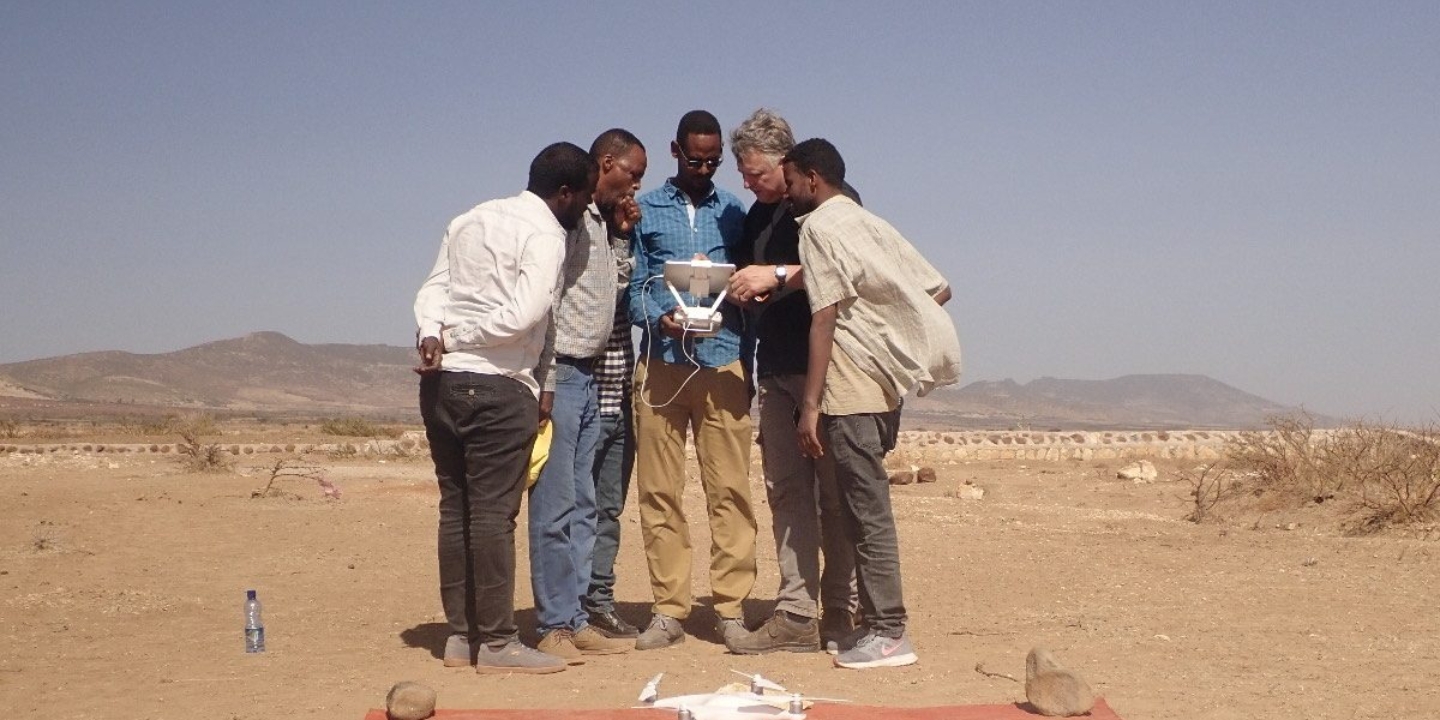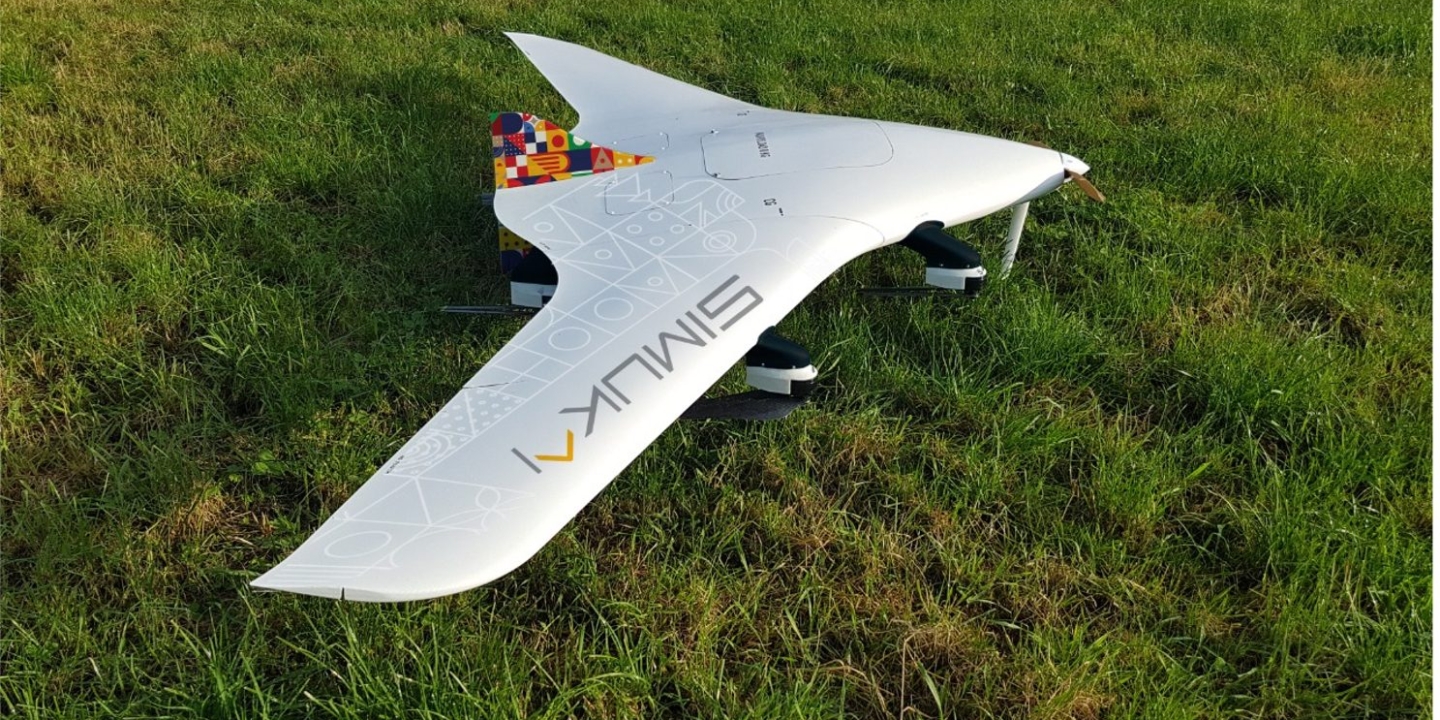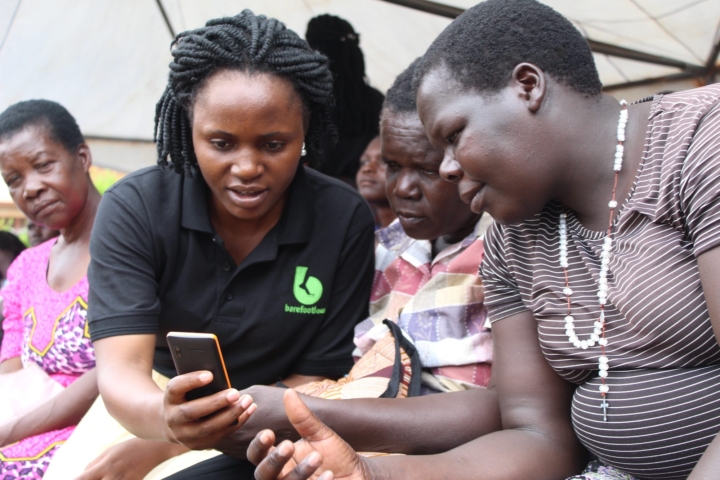Drones Doing Good Alliance: Levelling the Playing Field

/ Rumbani Sidira, Ministry of Health
-
TYPE OF GRANT:
Laboratory -
FUNDING PERIOD:
2022-2025 -
GEOGRAPHIC FOCUS:
Malawi
Problem
Drones have the potential to significantly contribute to growth and prosperity in Africa. Yet there is a risk that Africa will once again be a passive recipient of tech and just a testbed for innovation. While Africa is a world leader in the impactful use of long-range drones, the vast majority of investments in Africa’s long-range drone sector go to foreign companies and most of the drones doing this work are designed and manufactured outside the continent. For now, local training for maintenance and repair is nascent and spare parts must be imported. This translates into missed opportunities in entrepreneurship, job creation and local value addition. Furthermore, the high cost of long-range drones (40-200k euros) and the limited or non-existent local repair and maintenance options prevent most impactful use cases from being commercially viable. This is a particularly significant hurdle for local entrepreneurs who do not receive multi-million dollar innovation grants from their governments and partners nor can their investors endure a long phase of losses that they will recoup once beyond visual line of sight drone operations in lucrative high-income markets take-off.
Solution
Drones can deliver critical healthcare products, improve agriculture, and support disaster responses in areas otherwise cut off by long distances, weak infrastructure, mountains and lakes. They are an opportunity to leapfrog and create a range of future-fit jobs. The Drones Doing Good Alliance (DDG) seeks to level the playing field for local drone manufacturers, operators and software companies. The open hardware initiative will build local capacity in manufacturing Simukai - a state-of-the-art vertical takeoff and landing (VTOL) drone that is robust and cheaper than other options.
By sharing this design on an open basis with selected African manufacturers, they intend to enable new commercially viable opportunities for local actors to better solve local challenges. DDG is currently focussing on the market entry by training, equipping, and connecting relevant stakeholders in the hardware, software and drones services space.
DDG bases its work on a very comprehensive, systems-change focused analysis of the drones sector. The market entry will be monitored via a baseline survey. The team will continued to measure its effects until at least 6 months after the interventions to assess how and to which extent it achieves its impact objectives of saving lives, creating jobs and increasing earnings.
-
50-80%cheaper than current leading options
-
140 EURcosts a drone delivery that will save a life
-
200future-fit jobs expected in the first round of implementation

About the organization
The Drones Doing Good Alliance is led by Tendai Pasipanodya, Director at Endeva and Dr. Hans Peter Thamm Founder of Geo-Technic . The Alliance seeks to promote the smart, efficient and sustainable use of drones for the achievement of the UN Sustainable Development Goals (SDGs). DDG apply a systems-change approach to their work, support the localization of technology and bring together a diverse group of partners in order to achieve their objectives.


